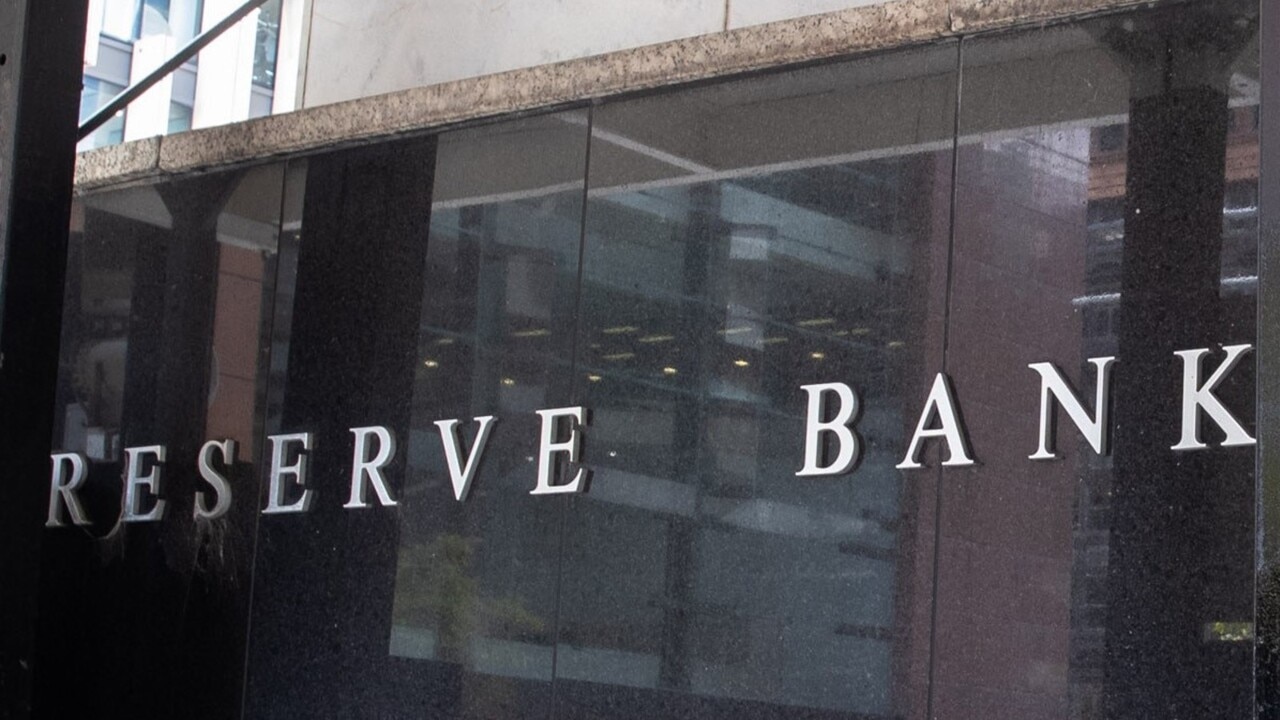The pros and cons of job seekers asking companies for references
More Aussies are asking would-be employers to provide references as evidence they are good to work for. Here’s how to do it without jeopardising your chances of winning a job.

The recruitment tables have turned, with job seekers asking companies to provide references as evidence they are a good employer to work for.
The move – a flip on the traditional practice of employers asking candidates for a reference – has elicited mixed feelings from recruiters, with some warning that job seekers bold enough to request a reference could jeopardise their chances of winning the job.
But many others applaud the measure and say it helps ensure a good fit between workers and employers.
“It goes both ways – if companies can interview and reference (check) candidates, then candidates should be able to reference (check) companies and do their due diligence too,’’ says Robert Half director Nicole Gorton.
“It’s 100 per cent advisable that candidates do this. Candidates should be making an educated decision about the company they are going to join.’’

Protecting against lay-offs
Over-hiring during the pandemic has led to a wave of lay-offs, especially in the tech sector. This has led to job seekers feeling “spooked’’ about the prospects of companies they are interviewing with, Gorton says.
References provide a safeguard for those weighing up whether to change roles, giving insights into the financial strength of a particular organisation and whether a job offer comes with opportunities for career progression and long-term tenure, she says.
“Most companies will be very open to sharing (information about their business) because they want the right person for the job – there might be occasions where you have to sign a NDA (nondisclosure agreement) but that’s fine,’’ Gorton says.
“If they can’t be honest, then that’s an easy reason for leaving (that particular hiring process and looking elsewhere).’’
As well as providing knowledge of the company’s financial position, Gorton says references should give an insight into the culture of an organisation.
Those provided by past or present employees are particularly valuable, she says.
“Even if you are making a decision to go into an organisation that hasn’t got everything you are looking for, at least you already know that before you join, so it’s not going to be a surprise,’’ she says.
Cut-throat market
Amid continuing talent shortages, most companies are taking extra steps to woo desirable candidates, often providing references without even being asked, says Sullivan Consulting managing director Andrew Sullivan.
“It’s cutthroat,’’ he says. “Trying to find a good candidate at the moment is particularly difficult and when people are going for a job they’re going for three or four others as well.
“It has got to the point where we are seeing employers provide reference checks on themselves – (they tell candidates), ‘here’s a reference check on myself as an employer and here’s a reference check from one of my suppliers or a consumer’.’’
When vetting potential employers, Sullivan recommends job seekers look at how an organisation has handled downturns, including how they survived during Covid and, if they struggled, how they rebounded post-pandemic.
He suggests researching the management style of the company – particularly anyone likely to be a direct supervisor – as well as the company’s culture and the regularity of performance and salary reviews.
“Leadership style is definitely the big one,’’ he says. “I would be really probing that with someone that previously worked there or asking if (the company) has a reference check (from an employee).’’
As well as references, Sullivan says candidates should research prospective employers through professional platforms, including Glassdoor, LinkedIn and Seek, and other online review sites, such as TripAdvisor.
Be discreet
Recruiter Mathew Thompson, founder of Talent Butler, agrees it’s prudent to investigate prospective employers, but recommends job seekers be discreet and stick to online research.
“The issue is, if someone goes ahead and does (ask for a reference), that can be seen as a negative and a little bit questionable to employers,’’ he says.
Thompson also warns against placing too much credibility in written references – “even the worst people in the world would have people that would vouch for them’’, he says – preferring information gleaned directly at the interview stage.
Valuable questions to ask include why the advertised role has become available, what happened to the worker who did the job previously, what is the average length of staff tenure and what have departing staff moved onto, Thompson says.
Job seekers may also do an online search of the director of the organisation they are applying to and see what other companies they are linked to, he says.

‘Nice concept’
Software engineer Amir Mahdavi has worked for many employers in various contract positions and says while asking for a reference is a “nice concept’’, he would feel awkward doing so.
Instead, he relies on his extensive network of fellow engineers to gauge whether he is a good fit for companies that are offering work.
He also uses information from Glassdoor reviews.
“I’ve been lucky to work with some amazing companies that are friendly and the team culture is really great. But I’ve also had friends and colleagues work in other organisations, without asking for a reference or doing proper research, who have had bad experiences,’’ Mahdavi says.
“Maybe if (companies providing references) gets more common then more people would start to feel comfortable about it but I personally am not sure I would ask for one during a HR interview.’’
Originally published as The pros and cons of job seekers asking companies for references


